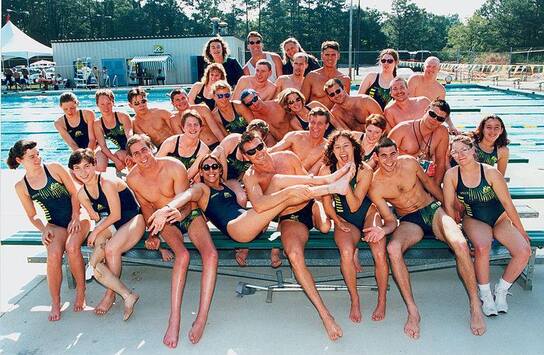What is Disability?
Did you know that 35.7% of the global population have a disability of some kind? That equates to over 2 billion people around the world. This makes disability the largest minority group. It is also the only minority group that any person, regardless of age, gender, ethnicity, sexuality, etc can be a part of.
There are many types of disability:
Physical Disability
Invisible Disability
Cognitive Disability
Neurodivergent
Visual Impairment
Hearing Impairment
Chronic Illness
Mental Health
However, just because someone may fall under one or a few on this list doesn't mean they identify as disabled.
Different intersectional perspectives, such as where you live, your culture, your ethnicity, your religion/spirituality, your gender and sexuality, education, work, etc., can impact the experience of disability as well.
The concept of disability is complex, but can be divided into two basic contexts: accessibility and inclusion.
Accessibility: if a building or space fails to provide access to disabled individuals this creates disability. Accessible access needs can vary for each disabled individual. For wheelchair users it may be the need for a ramp. For visually impaired and blind individuals it will be the need for braille on signs. For individuals with invisible illnesses perhaps they need plenty of places to sit down or toilets that are open and close by. Without these access tools these individuals cannot access a space and therefore are disabled.
Inclusion: do disabled individuals feel welcome, safe, and involved in their family, friendship groups, school, place of work, and wider community. Inclusion is addressing the wider attitudes and understandings of disability and changing the stereotypes that still plague disabled people. For many disabled people inclusion could be acceptance into social groups, opportunities to get a good education and access to jobs, the right to pursue romantic relationships and family, and the support to engage with hobbies and interests that everyone else has access to.
--
Disability can be confusing to non-disabled people. I know that many people haven't asked me questions about my disability because they're scared to say the wrong thing. This where my workshops and talks can help you out. I cover the basics of what disability is, language to use around disability, and how and when to ask disabled people questions.
You can also follow my blogging on Medium where I write a lot about the disability experience from my perspective.
You can also follow my on social media where I give daily insights into disability and limb difference (my disability). It is also a chance for you to ask any questions you might have, either publicly or through DM.
Twitter, Instagram, LinkedIn.
